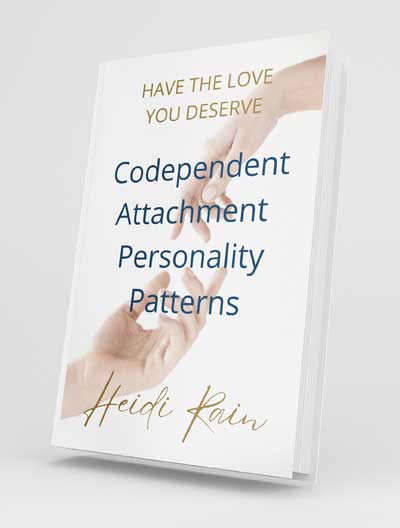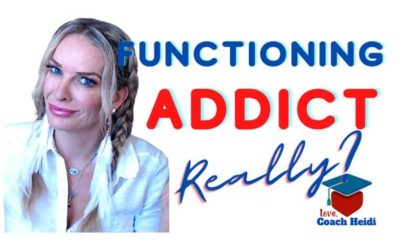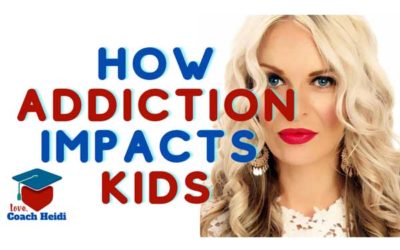In Coming to America, there’s a scene where Eddie Murphy is about to marry his prescribed bride. Before the “I dos”, the groom wants to make sure the bride is a good fit. So, he whisks her “backstage” to ask some questions.
She starts, “All of my life I have been trained to serve you.”
He answers, “I know, But I’d like to know what you like.”
She says, ‘Whatever you like.”
“What kind of music do you like?”
“Whatever kind of music you like.”
As he points out that he knows she has been trained to like whatever he likes and do whatever he wants, he eventually has her barking like a dog.
The scene is supposed to be funny, but it speaks of a deep seeded problem that many codependents face and that is the pattern of people pleasing.
Pleasing others isn’t inherently wrong. It’s a wonderful thing to want to make others happy and comfortable.
But then it falters into the land of self sacrifice and self betrayal in favor of others, it becomes a big problem.
When you grow up in a dysfunctional family, one that is addicted, abusive, absent, narcissistic, etc, you take on a way f being in order to survive, thrive, connect or cope in that family. Especially, in a hustle to get love or at least not get hurt, you ask, “Who do I need to be?” And you become that. I call those Attachment Personality Patterns. It’s programming that allows you to find a way to function in the dysfunction.
One of the 8 patterns is that of the Pleaser.
Pleasers are bred to make others happy and keep the peace. These aren’t bad traits. But pleasers are in one sided relationships where their behavior os not reciprocated. Pleasers become resentful an passive aggressive.
It’s important to remember that Patterns aren’t Pathology. You can change your patterning and become healthier , achieving balanced, mutually beneficial relationships.
Here are the 5 core traits of a Pleaser Personality.
Core Trait #1. Pleasers have unbalanced relationships. Pleasers give more than they receive. In an attempt to endear themselves to others, they say yes when mean no. They tend to take on more than others and do not ask others to help. They feel that asking for others to meet their needs will take them out of favor.
Core Trait #2 Pleasers Have difficulty making decisions and overvalue the opinions of others.
A pleaser will often need the input of others before committing to a path of action. They don’t simply consider themselves when making decisions; they want to check with everyone else to make sure it’s good for them too. If everyone else agrees that it is a good decision, then they’ll likely do it, even if they are still unsure themselves.
Core Trait #3. Pleasers will give up personal truths or desires to avoid rocking the boat or disapproval. They’ll go with the flow to avoid confrontation. If a pleaser has an unpopular opinion, they will keep it to themselves.
Core Trait #4 Pleasers feel overly responsible for the emotions of others and work hard to mitigate the feeling of others. Like the fixer, they Pleaser is an empathy and able to feel others emotions and have a sixth sense as to what others need. However, Fixers are not afraid to experience being out of rapport with another person if they believe it will help them. Meaning, a Fixer may call out a loved one to help them, where a Pleaser won’t want to upset anyone. So, they are more likely to do what they can to ensure others feel good all the time (even at their own expense.) A Fixer can be a hero (actually helping save the day) where a Pleaser is more likely to be an Enabler to keep the peace.
Core Trait #5 Pleasers are passive aggressive. Because confrontation is not something a pleaser is willing to do, when the resentment from their unbalanced relationships builds,, they will behave in passive aggressive ways to let the person know they are hurt without outright sating it. Like the withholder, they may withhold attention, affection, approval, etc. Triangulating (playing people against each other), playing the victim, or avoiding any interaction at all.
So what’s the path out of this behavior?
Awareness is always the first step. Once you become aware, you open yourself up to having a choice. You can choose to get into codependency recovery and enable yourself to have the mutually beneficial, respectful relationships you deserve.
Of course, we would love to have you join us in LYFE School. That’s our codependency recovery program which is a step by step system to undo your patterning and find your true Self.
To find out more about LYFE School, visit www.LoveCoachHeidi.Com
Love,
Coach Heidi




0 Comments